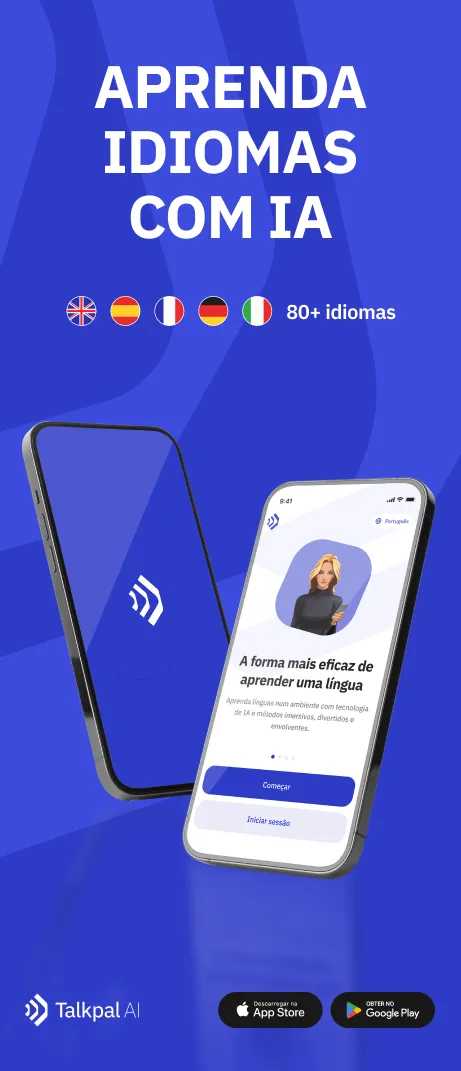Praticar com exercícios de preenchimento é uma ótima forma de reforçar o conhecimento e a aplicação correta dos verbos auxiliares em inglês. Ao completarem esses exercícios, os estudantes poderão identificar e usar verbos auxiliares com mais confiança, melhorando sua fluência e compreensão gramatical. Vamos começar!
Exercício 1: Verbos Auxiliares “to be”, “to do” e “to have”
I *am* (be) excited about the upcoming concert.
She *does* (do) her homework every evening.
They *have* (have) already eaten lunch today.
He *is* (be) not interested in playing football.
We *are* (be) going to the movies tonight.
You *do* (do) not need to rush; there is plenty of time.
It *does* (do) not matter if you arrive a little late.
She *has* (have) been living in Paris for two years now.
Does he *have* (have) the tickets for the show?
Why *are* (be) you so happy today?
Where *do* (do) they usually have dinner?
When *does* (do) the store open in the morning?
They *do* (do) not believe in ghosts.
*Are* (be) we meeting at your house or mine?
Who *has* (have) taken my notebook by mistake?
Exercício 2: Verbos Modais
Can you *can* (can) help me with my math homework?
She *might* (might) come to the party if she finishes work early.
They *must* (must) turn in their assignments by Friday.
*Could* (could) you please close the window? It’s cold here.
I *would* (would) like to travel to Japan one day.
We *should* (should) start the project as soon as possible.
He *will* (will) not be able to attend the meeting tomorrow.
When *could* (could) we meet to discuss the report?
You *must* (must) not forget to lock the door when you leave.
*May* (may) I use your phone to make a call?
They *will* (will) have finished the project by next week.
She *should* (should) have arrived by now; her flight was early.
He *must* (must) have left his coat in the car; it’s not here.
*Will* (will) you join us for dinner tonight?
*Would* (would) you mind turning down the music a bit?










